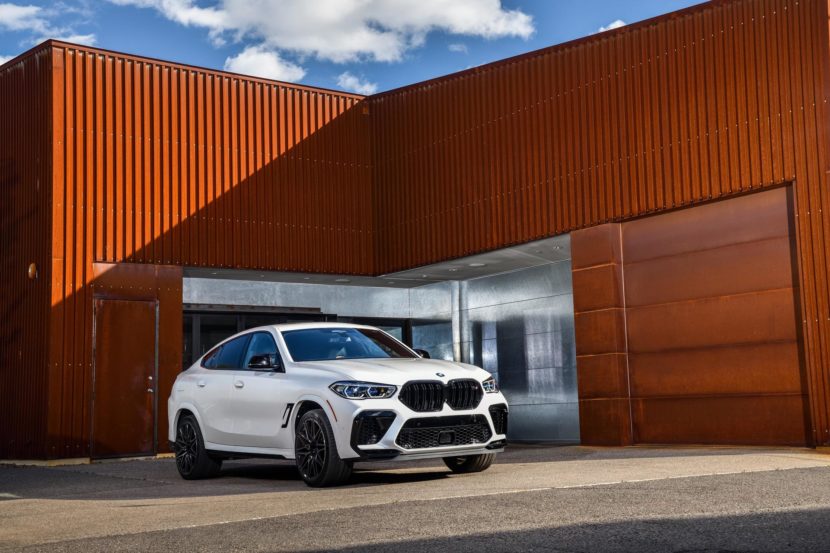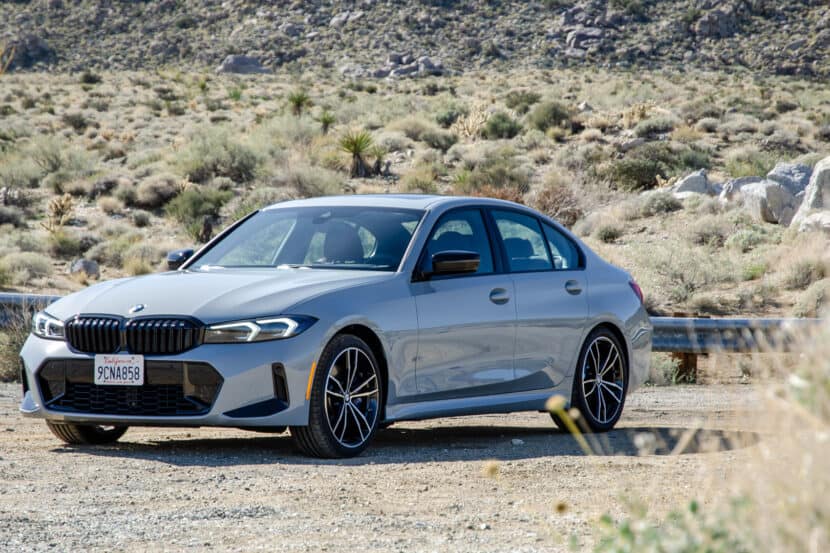Apparently, when it comes to global emissions, despite all of the new regulations and efforts made to lower our carbon footprint, we’ve actually been taking one step forward and two steps back. According to a new report from Reuters, European emissions were actually slightly higher in 2019 than in 2018, even though automakers hit their legal requirements.
The reason for that disparity is due to SUVs, which obviously put out more emissions than cars. While automakers’ entire model lineups meet emissions standards, due to hybrids and small-engine vehicles, the majority of customers are buy big, carbon-spewing SUVs instead. So European emissions have actually gotten worse over the past year.
Average emissions for new cars in the EU were about 122 grams of C02 per kilometer in 2019. That was below the 130-gram target, so no automakers are facing any heat for the increased emissions. However, for 2020, that target number will drop to just 95 grams per kilometer. That’s a 22-percent drop and automakers will struggle to meet that in just one year’s time.
It’s not as easy as just pumping out more EVs, as electrification is still expensive and the clientele base just isn’t there yet to allow for EVs to make a substantial difference in global emissions.
So how is a brand like BMW going to manage to break under that 95-gram emissions standard? Expect a lot more plug-in hybrid vehicles, likely more and more hybrid SUVs. If car companies can get SUVs to be more efficient and expel fewer pollutants, they can help mitigate the problem of customers buying SUVs.
It’s possible you’ll see BMW pumping out more and more plug-in hybrids, potentially even more hybrid SUVs. Cars like the BMW X5 xDrive45e and X5 xDrive30e will be helpful in keeping SUV emissions down, so that might do enough to put BMW under the threshold. BMW just needs to offer better incentives for hybrid SUVs, so people spring for those rather than anything else.
This will be interesting to watch, as automakers are going to have to make relatively big changes, and quickly, to meet these new regulations.
[Source: Reuters]







































































